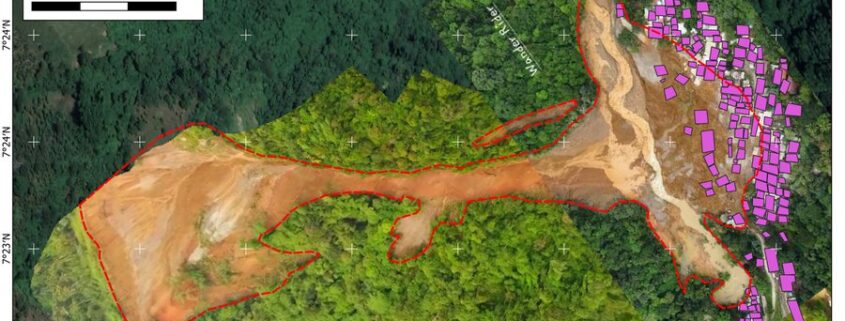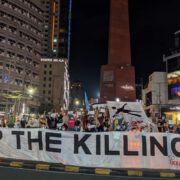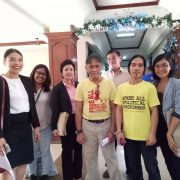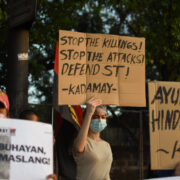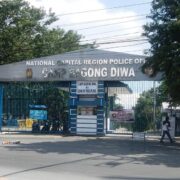Destructive mining led to Maco disaster—CPP
Destructive mining operations led to the landslide that killed at least 71 last February 6 in Maco, Davao de Oro, the Communist Party of the Philippines (CPP) said.
CPP chief information officer Marco Valbuena pointed a finger at mining operations in the region saying, “The disaster is clearly the direct result of the massive destruction of forests and mountains that characterize large parts of Mindanao, especially Davao de Oro and other Davao provinces.”
While noting that the latest in a series of mudslides and flooding came in the wake of weeks o torrential rains, the CPP officer said Apex Mining Company is responsible for the disaster.
“The Apex Mining operates open pit mines in the area. Zone 1 is a community of workers employed by Apex. Despite dangerous conditions resulting from weeks of rains, no precautions were made to evacuate the community,” Valbuena said.
Barangay Masara forms part of the area of mining operations of the Apex Mining Company, a company mainly owned by billionaire Enrique Razon, a close ally of President Ferdinand Marcos Jr., he added.
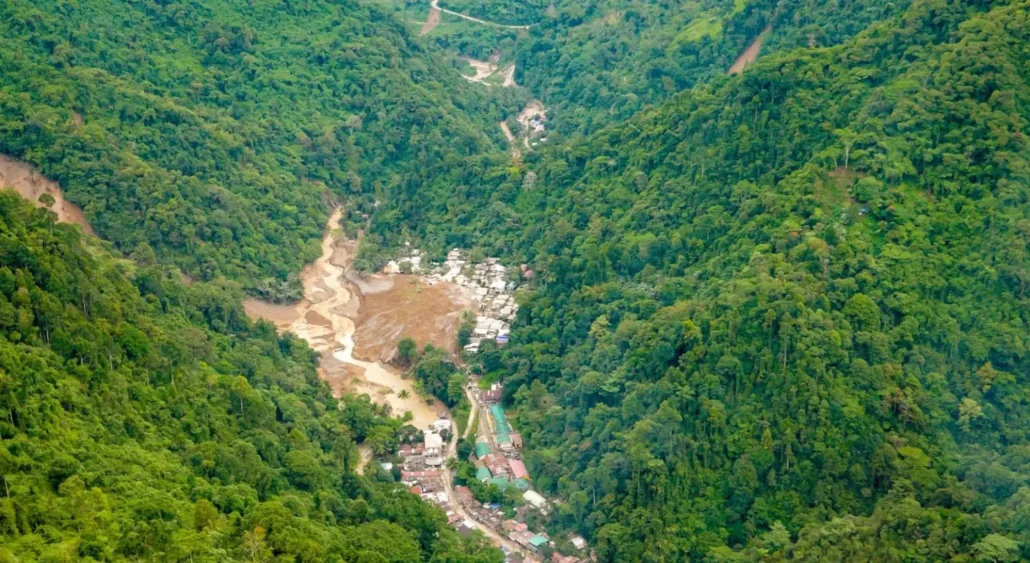
Apex Mining denied culpability in the disaster, saying Masara is outside its actual mining concession.
“The area where the slide happened is outside the mine operations area of the Company but is used as a vehicle terminal for buses and jeepneys servicing the employees, its service providers and members of the community,” the company said in a statement last week.
“The Company is focused on fully supporting the rescue operations of the local government units by providing equipment, manpower and food supplies to affected residents, including our employees. The Company is on limited operations while it provides resources to the rescue operations,” it added.
Apex mines for gold in the area.
The CPP however pointed out that the Department of Environment and Natural Resources has flagged Apex Mining for alleged violations of mining rules whose operations had been ordered suspended by the late environment secretary Gina Lopez in 2016.
The landslide area had been also been declared a “no build zone” after prior landslides in 2007 and 2008.
Earlier, labor federation Kilusang Mayo Uno (KMU) demanded an investigation on how the mining company treated its workers, allowing them and their families to live in danger areas adjacent to its open pit mines.
“The people must know exactly how destructive mining operations gravely affect lives, safety and livelihood of our compratriots,” KMU secretary general Jerome Adonis said.
“It must be asked: how did the company looked after their workers when they report for work and how they return to their homes after?” he added.
In a February 14 update, the Department of Social Work and Development has reported that a total of 1,944 families or 7,323 persons had been affected in four barangays in the municipality. # (Raymund B. Villanueva)

